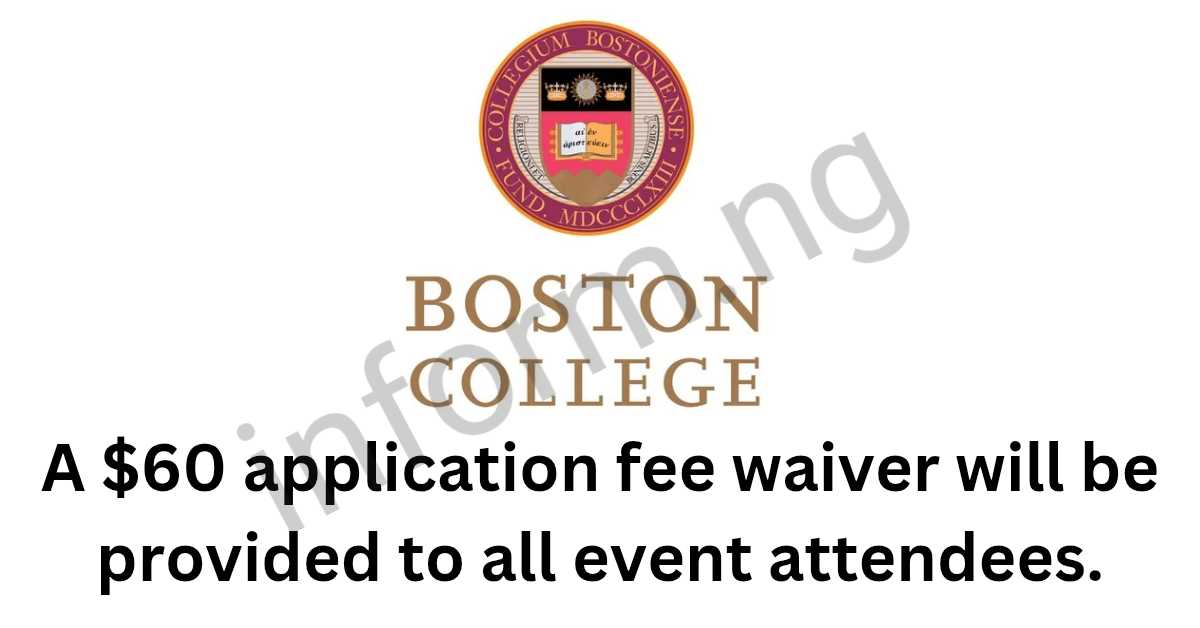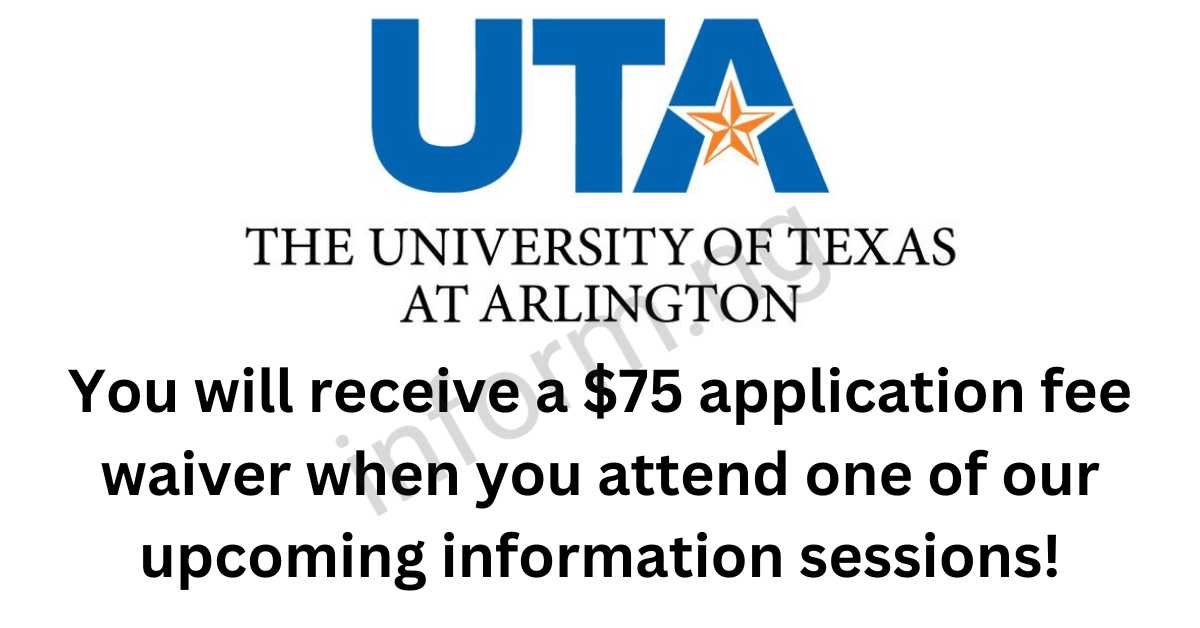Email: [email protected]


Table of Contents
ToggleStudying in the USA can be a life-changing experience, but it also comes with cultural differences that may surprise international students. Understanding these differences is crucial to navigating everyday life, academics, and social interactions.
In this article, we’ll explore cultural differences to expect when studying in the USA.
Americans value directness and clarity in communication. They prioritize clear and concise language, avoiding ambiguity and beating around the bush. This means that people will likely tell you exactly what they think, without sugarcoating their opinions. As a student, be prepared for straightforward feedback from professors and peers alike. This directness may feel blunt or even rude at times, but it’s essential to remember that it’s not intended to be offensive.
The United States is a individualistic society, prioritizing personal achievement and autonomy. People are encouraged to express themselves and pursue their own goals. This focus on individualism may lead to a sense of independence and self-reliance. As a student, you may find that your peers are more focused on their own projects and interests than on collective or community-based endeavors. Embrace this aspect of American culture by taking ownership of your own goals and aspirations.
Punctuality is extremely important in American culture. Showing up late to classes, appointments, or social events is considered disrespectful and unprofessional. Plan to arrive early to account for unexpected delays or transportation issues. Your professors and peers will appreciate your punctuality, and it will help you build a strong reputation as a responsible and reliable individual.
Tipping is a customary practice in the United States, particularly in the service industry. When receiving service at a restaurant, bar, or cafe, it’s expected that you’ll leave a tip of 15% to 20% of the total bill. This practice shows appreciation for good service and ensures that service staff are fairly compensated. As a student, be prepared to factor tips into your budget for social outings and dining experiences.
Food portions in the United States are often larger than what international students are accustomed to. Be prepared for generous servings at restaurants and cafes, and don’t be afraid to ask for a to-go box if you can’t finish your meal. This cultural difference may also lead to a greater variety of food options and a more diverse culinary experience. Embrace the opportunity to try new foods and flavors!
American academics prioritize critical thinking, participation, and self-motivation. Professors encourage students to engage actively in class discussions, ask questions, and think creatively. As a student, be prepared to take ownership of your learning experience and embrace the opportunity to explore new ideas and perspectives. This academic environment will help you develop valuable skills in critical thinking, problem-solving, and effective communication.
Smiling, eye contact, and small talk are essential social norms in American culture. People value friendly and approachable behavior, especially in initial interactions. As a student, be prepared to engage in small talk with peers and professors, and don’t be afraid to strike up a conversation with someone new. This aspect of American culture will help you build connections and friendships with ease.
The United States has a unique set of holidays and celebrations that may differ from those in your home country. Embrace the opportunity to experience new traditions and customs, such as Halloween, Thanksgiving, or the Fourth of July. Join in on festivities, try new foods, and engage with your peers to make the most of these cultural experiences.
Sports play a significant role in American culture, with many universities having strong athletic programs. As a student, consider joining a sports team or attending games to connect with peers and experience the excitement of American sports culture. This aspect of American culture promotes teamwork, camaraderie, and school spirit.
Embracing cultural differences is essential when studying in the United States. Be open-minded and respectful of diverse backgrounds, beliefs, and customs. Avoid making assumptions or stereotypes based on someone’s culture or nationality. Instead, ask respectful questions and seek to understand the perspectives of those around you. This cultural sensitivity will help you build strong relationships and make the most of your time abroad.
Studying in the USA offers a unique cultural experience. By understanding these differences, you’ll navigate everyday life with confidence and make the most of your time abroad. Embrace the adventure and enjoy the journey!












To provide the best experiences, we and our partners use technologies like cookies to store and/or access device information. Consenting to these technologies will allow us and our partners to process personal data such as browsing behavior or unique IDs on this site and show (non-) personalized ads. Not consenting or withdrawing consent, may adversely affect certain features and functions.
Click below to consent to the above or make granular choices. Your choices will be applied to this site only. You can change your settings at any time, including withdrawing your consent, by using the toggles on the Cookie Policy, or by clicking on the manage consent button at the bottom of the screen.

One comment
Do universities offer specific orientation programs to help them adapt to direct communication, tipping, and social norms in the USA?